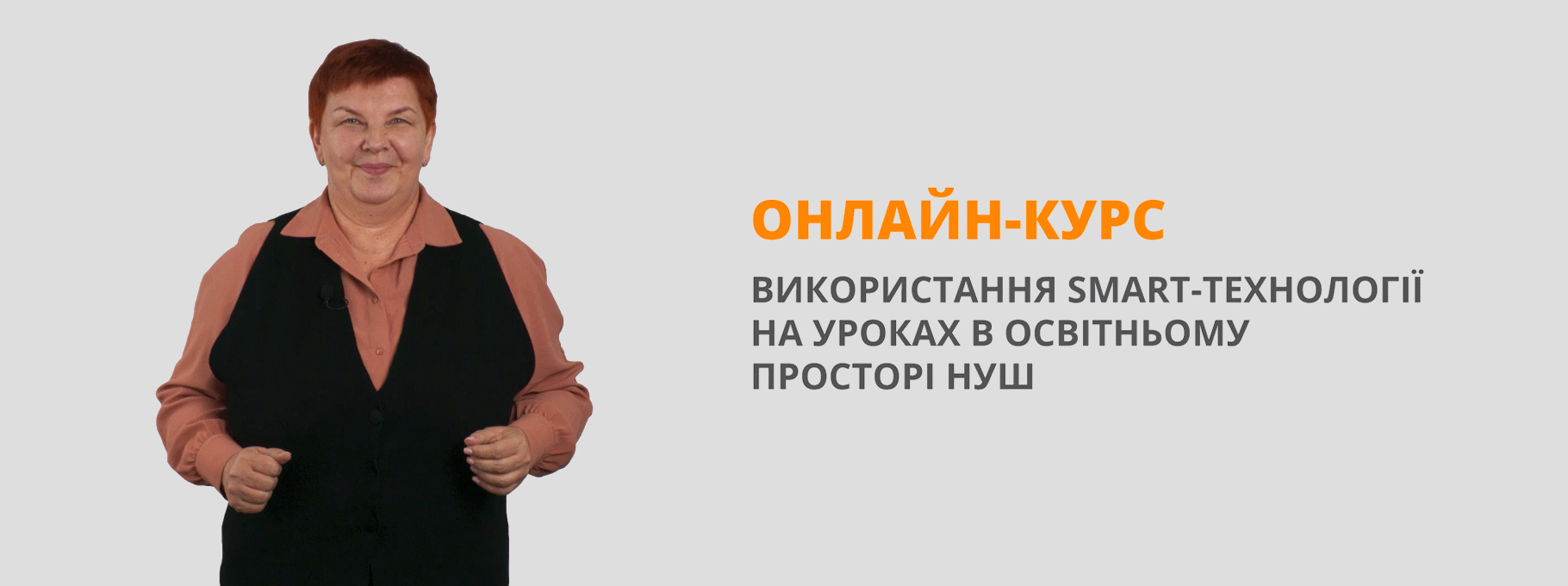Розробка уроку на тему «PRESS IN BRITAIN»
PRESS IN BRITAIN
Probably in no other country are there such great differences between the daily newspapers.
On the one hand, there are the "quality" newspapers: The Times, The Independent, The Guardian, The Financial Times and The Daily Telegraph. These concern themselves with factual reports of major
national and international events in the world of politics and business, art and sport.
On the other hand, there are the "populars" and "tabloids", so-called because of their smaller size. The tabloids — the most widely read of them are The Daily Mail, The Daily Express, The Daily Mirror, The Sun and The Daily Star — concentrate on more emotive reporting of stories, often feature sex, violence, the Royal family, film and pop stars, and sport. It is often said that the popular press aims to entertain its readers rather than to inform them.
In some countries newspapers are owned by government or by political parties. This is not the case in Britain. Newspapers here are mostly owned by individuals or by publishing companies, and the editors of the papers are usually allowed considerable freedom of expression. This does not mean that all the newspapers are without political bias. Papers like The Daily Telegraph, The Daily Express, andThe Sun, for example, usually reflect Conservative opinions in their comment and reporting, while The Daily Mirror and The Guardian have a more left-wing bias.
In addition to the 12 daily newspapers, there are nine newspapers which are published on Sundays. Besides, nearly every area in Britain has one or several local newspapers.
VOCABULARY
daily ['deɪlɪ] — щоденний
"quality"newspapers [ kwɔlɪtɪ 'nju:s,peɪpə] — преса високої якості
to concern [kən'sə:n] oneself with — займатися, цікавитися (чимсь); тут: готувати репортаж
"popular" ['pɔpjulə] — газета для широкої публіки
"tabloid" [' tæblɔɪd] — малоформатна газета зі стислим текстом і великою кількістю ілюстрацій; бульварна преса
to feature['fi:tʃə] — зображувати, розповідати
violence ['vaɪələns] — насильство
to entertain [,entə'teɪn] — розважати
to own [əun] — володіти
bias ['barəs] — упередженість; пристрасть
to reflect [rɪ'flekt] — відбивати
QUESTIONS
1.What "quality" newspapers do you know?
2. What do they concern themselves with?
3. What does a "tabloid" mean?
4. What "popular" newspapers do you know?
5. It is often said that the aim of the popular press is to entertain its readers rather than to inform them. What kind of materials do these newspapers concentrate on ?
6. In some countries newspapers are owned by government or by political parties. What about Britain?
Британська преса
Можливо, в жодній іншій країні немає таких відмінностей між щоденними газетами.
З одного боку, існує преса високої якості: «Тайме», «Індепендент», «Гардіан», «Файнешиел тайме» і «Дейлі телеграф». Ці газети готують актуальні репортажі про головні національні й міжнародні події у світі політики й бізнесу, мистецтва і спорту.
З іншого боку, існують газети для широкої публіки і бульварна преса («таблоїди», що називаються так через їх невеликий розмір). Бульварна преса, із котрої найбільше читають «Дейлі мейл», «Дейлі експрес», «Дейлі мірор», «Сан» і «Дейлі стар», зосереджується на більш емоційному зображенні подій, часто розповідає про секс, насильство, королівську родину, зірок кіно і поп-музики та про спорт. Часто говорять, що мета популярної преси — скоріше розважати читачів, ніж інформувати їх.
У деяких країнах власниками газет є уряд або політичні партії. У Британії не так. Тут власниками газет є приватні особи або видавничі компанії, і редакторам газет надається значна свобода у вираженні думок. Це не означає, що всі газети не мають політичного ухилу. Такі газети, як «Дейлі телеграф», «Дейлі експрес» і «Сан», наприклад, у своїх коментарях і звітах звичайно відбивають думку консерваторів, у той час як «Дейлі мірор» і «Гардіан» мають більш лівий ухил.
Крім 12 щоденних газет, ще 9 газет видаються в неділю. Крім того, майже кожний округ Британії має одну або кілька місцевих газет.

про публікацію авторської розробки
Додати розробку
